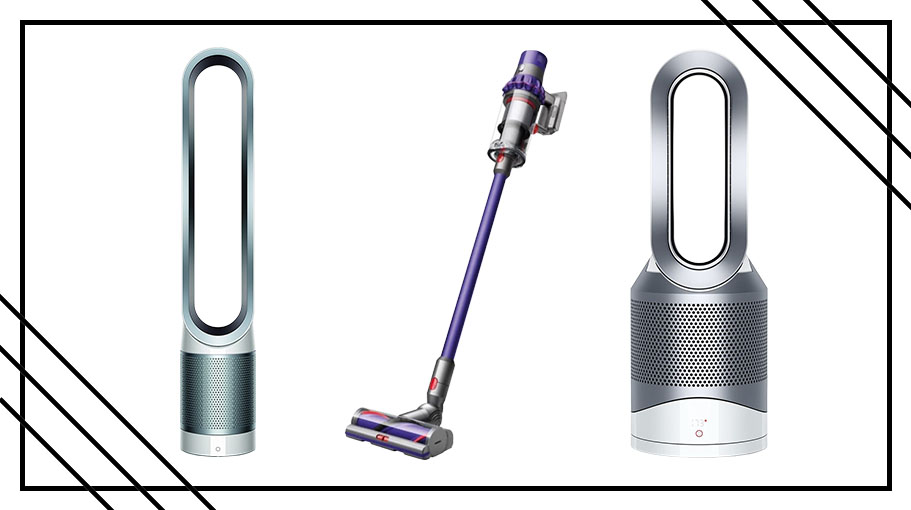
“People may not be as surprised that an exercise program helped heart patients, but it is intriguing that this study also showed that cognitive behavioural therapy improved heart function and patients’ fitness,” Sonya Babu-Narayan, MD, clinical director at the British Heart Foundation (which funded the trial presented), told The Guardian. “More research is needed to find out whether these approaches improve survival or symptoms over the long term.” [Vogue reached out to the European Society of Cardiology for comment on the study, as well as a copy of it for reference. It did not get back in time for publication.]
Dr. Fergus says that in general, those who experience heart failure, a heart attack, an irregular heartbeat, or a condition where their heart function is reduced will be prescribed cardiac rehab or exercise. Using that same logic, she says it makes sense that these studies would draw the same conclusion for broken heart syndrome. Exercise allows increased oxygen to go to the heart to strengthen it, she says, and it can boost your mood.
From a mental health perspective, Thea Gallagher, PsyD, clinical associate professor of psychiatry at NYU Langone Health, agrees and explains that so much of the anxiety or distress we have is not held all in our head; it’s in our bodies, too. “The brain and the body are connected,” says Gallagher. “So doing something that’s good for your body can also help when you’re having those physiological symptoms. If you’re really anxious [for example] and you’re drinking five cups of coffee in the morning, that’s not going to be kind to your body. But if you’re anxious and you’re like, ‘Every morning I go for a walk for 20 minutes,’ we know that there are these measurable health benefits, and it mitigates against anxiety and depression.”
Exercise also provides you with a routine to help get you in a better headspace. “Creating a new routine, some new structure and something that’s predictable can really help our brains when we feel super overwhelmed or in just a really deep state of grief,” she says.
So as much as we’d love a quick fix to a broken heart as soon as yesterday, the best course of action for right now is just trying to stay as healthy as humanly possible. “You usually can’t predict who [would get broken heart syndrome],” says Dr. Fergus. “However, you can protect yourself by remaining as healthy as possible by managing your lifestyle and the risk factors so that if an event happens, then you’re less likely to have really catastrophic outcomes.”
Have a beauty or wellness trend you’re curious about? We want to know! Send Vogue’s senior beauty and wellness editor an email at beauty@vogue.com.
#Exercise #Broken #Heart






